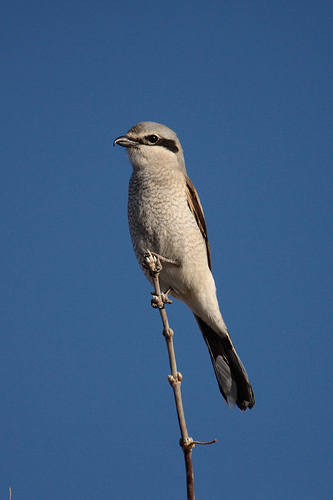As I noted last week, we are being bankrupted by the influx of Pine Siskins that mob our feeders, leaving their small poops all over everything, and making the Black-capped Chickadees wonder what hit them. Yesterday, I saw about 25 Dark-eyed Juncoes feeding on the edges of the gravel driveway and thought, “It’s only mid-October but winter birds are here.”
Today, walking in cold foggy woods with rain dripping from the few remaining leaves, I thought more about it. Still too dark to see much, it made me rely on my ears and I started to tick off the birds out and about. First, a Hairy Woodpecker called and then I heard it drumming. Then, one of the many Chickadees called Chicka-dee-dee-dee-dee and others gave their a high pitched “see” call. A far off American Crow cawed and I heard a Red-breasted Nuthatch. After a quarter-mile of silence, we flushed a Ruffed Grouse.
As I mentally ticked off the winter bird list, I came up with these that I expect to see in our backyard and woods:
- Black-eyed Juncos
- Pine Siskins
- Blue Jays
- Hairy, Downy and occasionally Pileated woodpeckers
- Red-breasted and White-breasted Nuthatches
- Brown Creepers
- American Crows
- Black-capped Chickadees
- Purple Finches
- Evening, Pine, and Rose-breasted Grosbeaks
- Tufted Titmice
- American Robins
- Common Redpolls
- Ruffed Grouse
- Wild Turkeys
- Winter Wrens

Northern Shrike is one of my target birds for this winter. There was one hanging out locally last year but I missed it.
I’d like to see Snow Buntings but will look elsewhere, same for Northern Shrikes and Rough-legged Hawks.
So I figure that I can see 10 or 15 species on most of my dog/birding walks or skiing outings this winter. That’s a nice prospect, as is the possibility of some of the recent rare visitors to this area such as Northern Hawk Owl, Snowy Owl, and Varied Thrush. Since we’ve traveled south for the last three years, I look forward to my first serious winter of birding in Vermont. I hope I don’t have to eat those words in March.
Discover more from Vermont Birder
Subscribe to get the latest posts sent to your email.

Pingback: Northern Shrike — The Butcher Bird | Vermont Birder